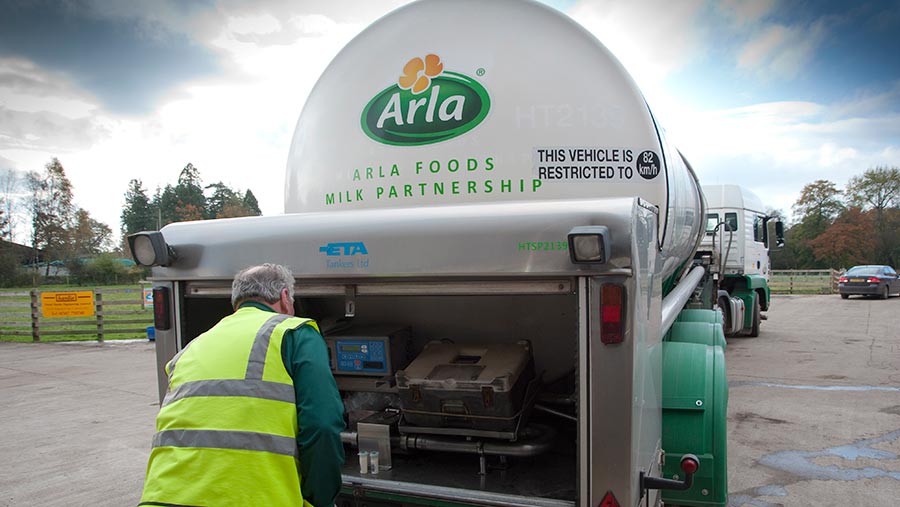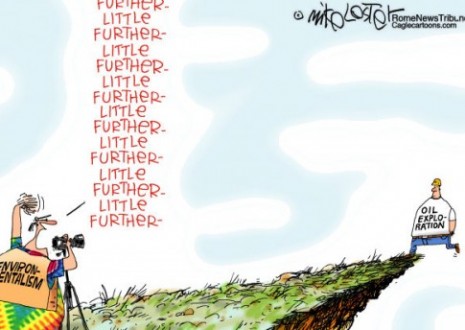
- Select a language for the TTS:
- UK English Female
- UK English Male
- US English Female
- US English Male
- Australian Female
- Australian Male
- Language selected: (auto detect) - EN
Play all audios:
© FLPA/REX/Shutterstock Grocery and dairy sales have seen record growth since the pandemic began, but brands will need to work harder to be seen in future, says Ash Amirhamadi, managing
director of Arla Foods UK. The co-op’s growth strategy for the next five years will be to invest in capacity and in adding value to milk, and it expects its UK farmer-owners to produce more
milk. Online sales have grown 79% compared with pre-Covid-19 levels, while local and convenience stores have also seen large growth. However, there have been massive cuts to the ranges
carried by retailers, so that a typical large store now offers 20,000-25,000 products instead of the 40,000 they used to display, said Mr Amirhamadi at a recent Semex webinar. See also: How
a limited company structure can help farming businesses FOOD PRODUCTION FACES MANY CHALLENGES Challenges for food production in future include a greater emphasis on sustainability and the
environment, regulatory impacts from the National Food Strategy, as well as the influence of the UN’s food system summit to be held this year, said Mr Amirhamadi. “The summit is a call for
action to radically change the way we produce, process and consume food,” he said. There were also key calls to action on diet and food safety from the World Health Organization. Mr
Amirhamadi also wants the climate agenda to be linked to the nutrition agenda, so that it is recognised that while foods such as dairy may carry a carbon footprint, they are nutritionally
dense. Consumers are buying bigger packs for better value, but less “food on the go”, and there is much more home cooking. All of this contributed to a 68% rise in butter sales in the first
lockdown and a 26% rise in the second, said Mr Amirhamadi. On the same basis, cheese sales rose 57% and 22%, with further growth in both categories expected from the current lockdown. Some
of the consumer habit changes brought about by Covid-19 will persist beyond the pandemic and retailers are going to be ever more competitive, looking for cost base improvements to
differentiate their offerings, he said. Mr Amirhamadi expects more automation and more investment in digital and technology on farm, and a continued growth in consumer interest in what is
happening on farm. On gene editing, Mr Amirhamadi said: “My personal perspective is that we have to have an open mind to lots of types of innovation, which gene editing could be part of.
“The one thing I would say about gene editing is that we must be very, very careful we’ve got the consumer and customer always on our side. “My sort of experience is very much about the
customer and the consumer and I would say that today there would be a healthy amount of scepticism.”






